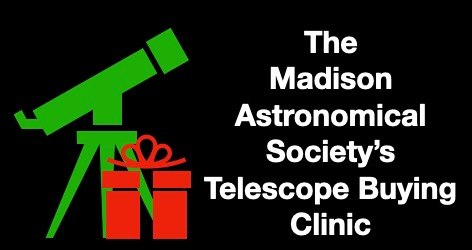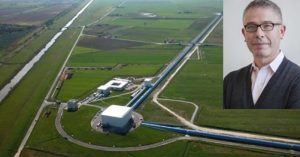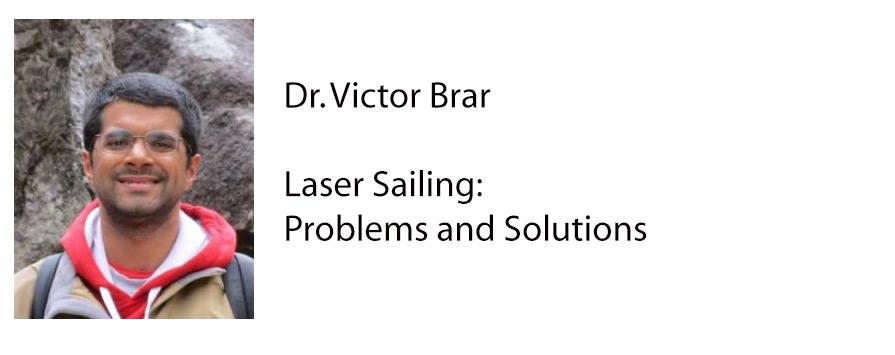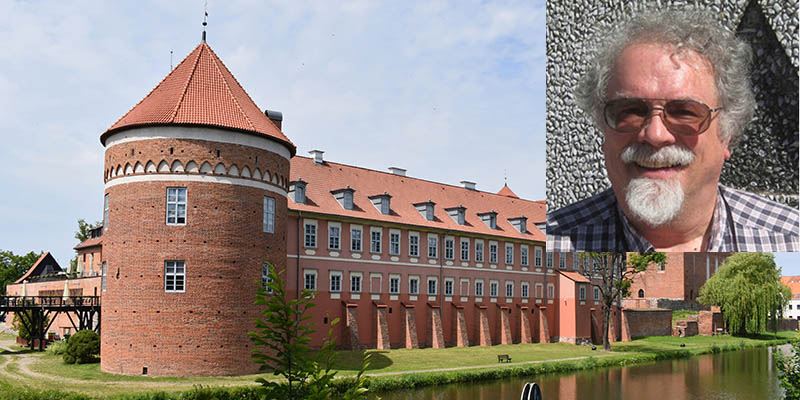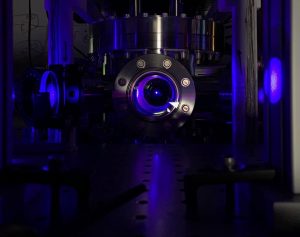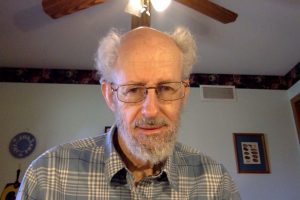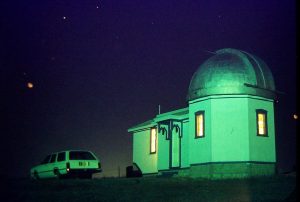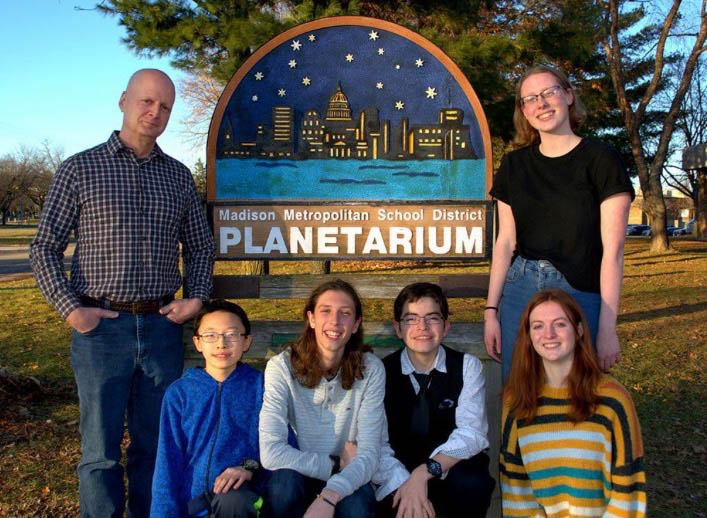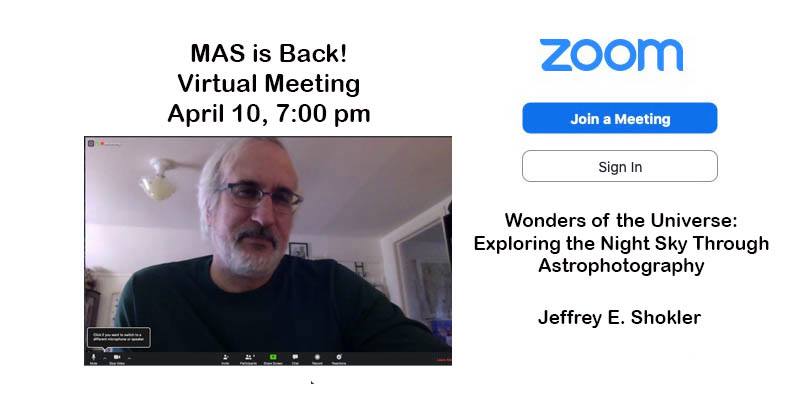Curiosity Paving the Way for Perseverance
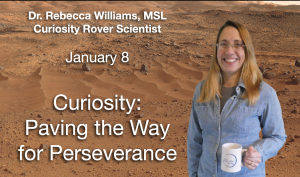
Understanding the past habitable conditions on Mars is a primary scientific driver for NASA’s Curiosity rover. During the last eight years, Curiosity has traversed across diverse terrain within Gale crater and drilled the martian surface over two dozen times. Dr. Williams will provide an update on the latest scientific findings and share spectacular snapshots from along the rover’s journey. In addition, she will present an overview of NASA’s next robotic mission to Mars, Perseverance, which will land at Jezero crater in February 2021.
Rebecca M. E. Williams is a planetary geologist who studies the history of water on Mars through orbiter and rover observations in conjunction with field-based analog studies on Earth...
Read More
